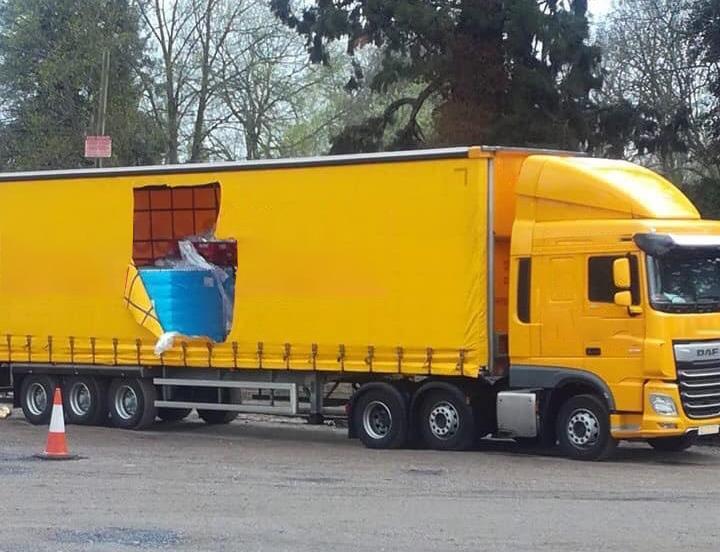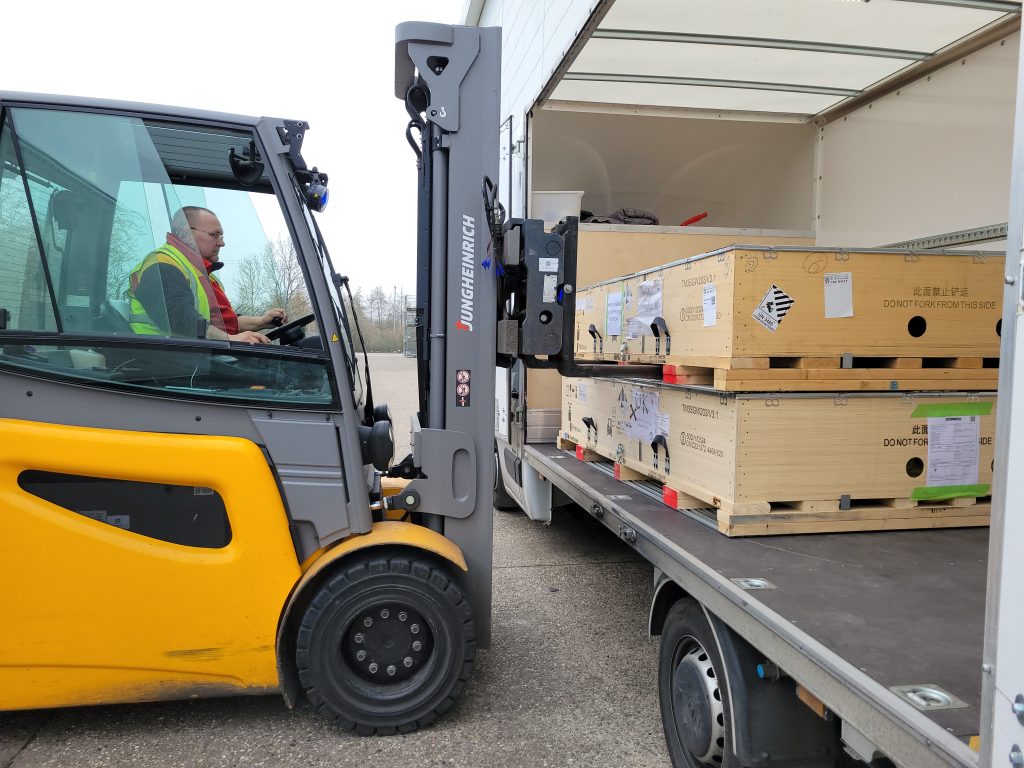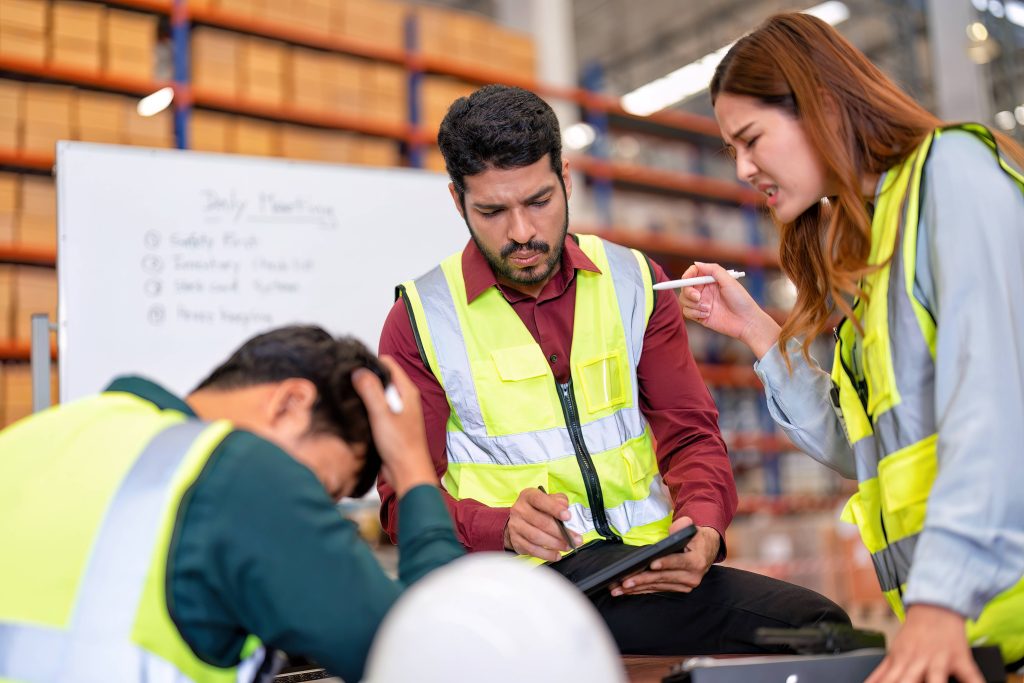As the need for road freight increases so does the risk of freight theft and the need for more safe, secure parking for large commercial vehicles.
The UK in particular is severely lacking in truck parks compared to the rest of the EU. Frequently forcing drivers to park in lay bays, business parks or other areas which have little or no security. This dramatically increases the risk of theft, damage to the vehicle and even violence to the driver. The most common type of crime is theft from curtain sided trailers. The curtains being an obvious weak point, the thieves will cut away portions of the curtain to look for valuable cargo; alcohol, clothing, electronic goods seeming the most popular due to their easy onward sale on black markets.
Theft can be a single box to entire pallets, with values recorded in excess of £1m. Even if nothing is stolen there are still costs involved from repairing the curtain, downtime and loss of earnings for the haulier and driver, police involvement and potential costs of criminal convictions. These thefts often happen whilst the driver is asleep in the cab, proving how adept these criminals have become. Whilst violence towards drivers is extremely rare, it’s not unheard of. Hostility towards drivers typically happens during attempted hijacking or misdirection thefts.
There are steps that drivers and operators can do to help minimise the risks. From cut resistant Kevlar reinforced curtains and added security for the cab and cargo doors to strategic (but not always possible) route planning to ensure a driver ends his shift in a yard of known, lower risk area.
The ideal and much needed solution though is investment and creation of monitored, secure truck parks. There are currently as little as 50 truck parks servicing the UK’s haulage industry and only a portion have been vetted and accredited for safety. Truck parks are naturally more secure than parking elsewhere, but many lack sufficient CCTV coverage and secure borders. The government needs to invest in upgrading these sites as well as creating new ones to help protect hauliers and cargo.







